Russia’s second-largest oil company, Lukoil LKOH.MM, announced on Monday that it plans to sell its international assets following U.S. sanctions imposed last week over Moscow’s ongoing conflict in Ukraine.
The move marks one of the most significant responses yet by a Russian corporation to new Western sanctions. In a statement, Lukoil said the sale would proceed “under an OFAC wind-down licence,” referring to the U.S. Treasury’s Office of Foreign Assets Control. The company added that it would seek an extension of the licence if required to maintain uninterrupted operations.
“The consideration of bids from potential purchasers has begun,” the statement said, without specifying which assets are being sold.
On 22 October, U.S. President Donald Trump imposed sanctions on Russia’s biggest oil producers, Lukoil and Rosneft ROSN.MM, in connection with the conflict in Ukraine. A week earlier, the United Kingdom had also sanctioned both companies and 44 “shadow fleet” tankers, which London described as part of Moscow’s effort to circumvent restrictions and continue energy exports.
Headquartered in Moscow, Lukoil contributes roughly 2% of global oil output. Its name comes from three towns in western Siberia — Langepas, Urai and Kogalym — where the company has its roots.
Lukoil’s largest overseas asset is the West Qurna 2 oil field in Iraq, one of the world’s biggest, where it holds a 75% stake. The field’s output exceeded 480,000 barrels per day in April, according to Interfax news agency.
The company also owns the Lukoil Neftohim Burgas refinery in Bulgaria, the largest in the Balkans, with a capacity of 190,000 barrels per day, and the Petrotel refinery in Romania. It supplies crude to Hungary and Slovakia, as well as to Türkiye’s STAR refinery, operated by Azerbaijan’s SOCAR.
In addition, Lukoil holds interests in oil terminals and retail fuel networks across Europe, along with upstream and downstream ventures in Central Asia — notably Kazakhstan — and in parts of Africa and Latin America.

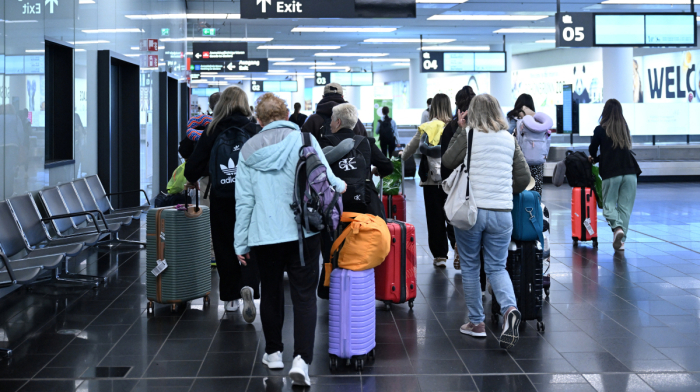

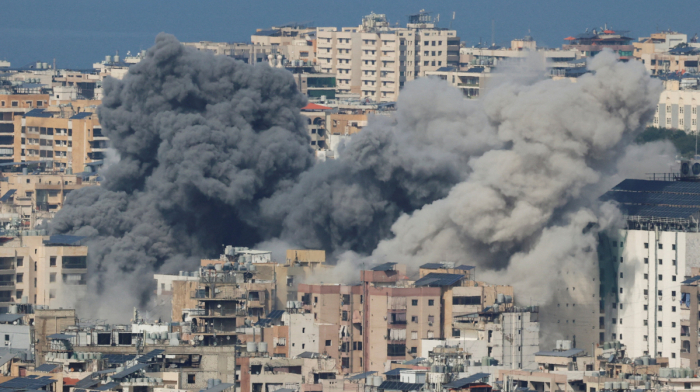

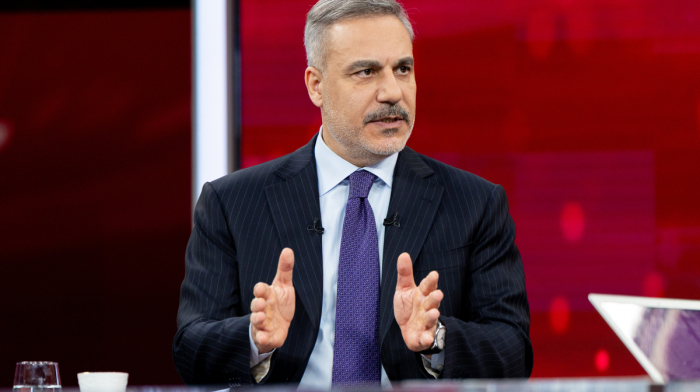

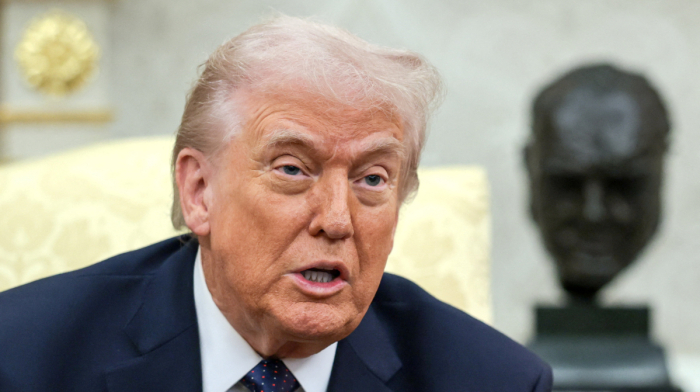
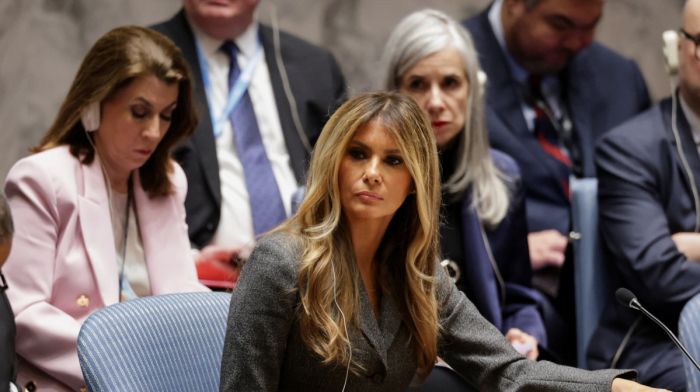
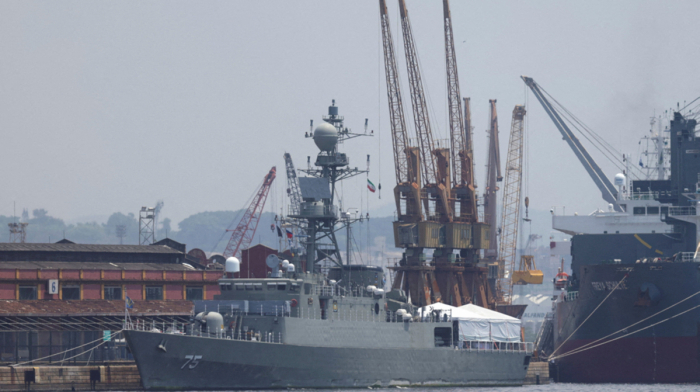

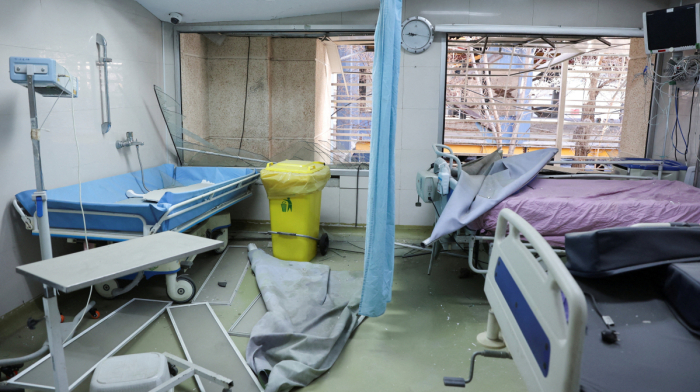
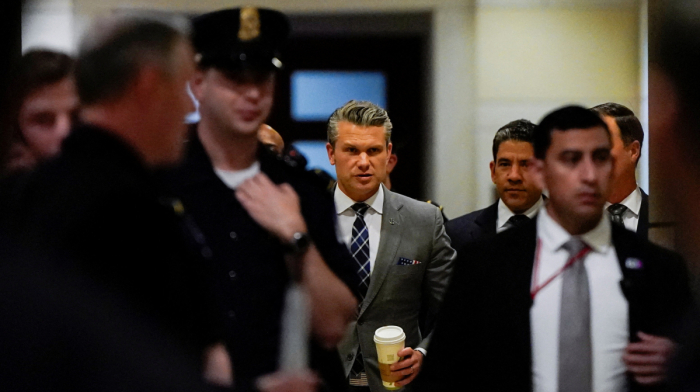
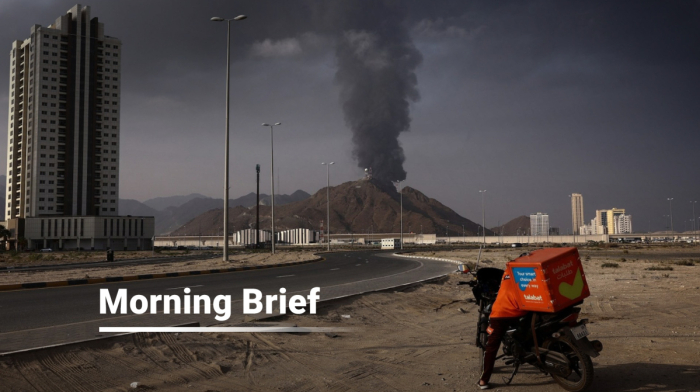

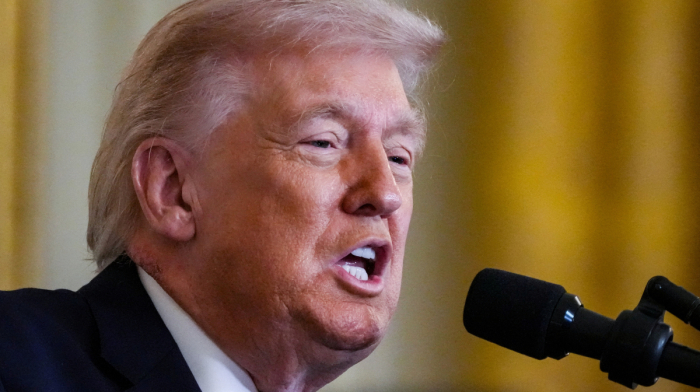




What is your opinion on this topic?
Leave the first comment